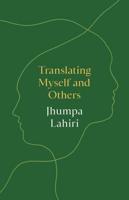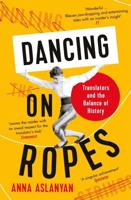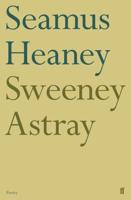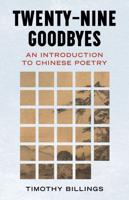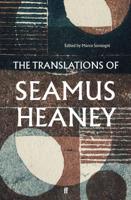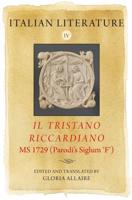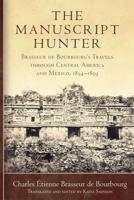Publisher's Synopsis
As translation plays an increasingly important role in industry, science, technology, commerce, politics and the international economy, the search for better, more informed methods of translation proceeds on a global scale. New, sometimes competing, models for describing translation are being developed and applied. These new models are interdisciplinary, borrowing concepts from linguistics, literary criticism, cognitive science, psychology, and sociology.;The basic tenet of "Translation as Text" is that we do not translate words, but texts, and that these competing models can be integrated into a more global theory of translation by viewing the translation process as a primarily textual process. The authors examine in detail the characteristics that make a good tranlation a text.;They propose a textual model of translation, emphasising the text-bound nature of all translation activity. Without attempting to be a comprehensive overview of translation science, "Translation as Text" convincingly resolves many issues of theoretical and practical importance to translators and translation scholars and develops a unified picture of translation as "text-induced text production". The volume examines several different models of translation and emphasises their shared relationships to a common object of interest, the text. In particular, this study focuses on the empirical relationship between the theory of trnslation and its practice.

